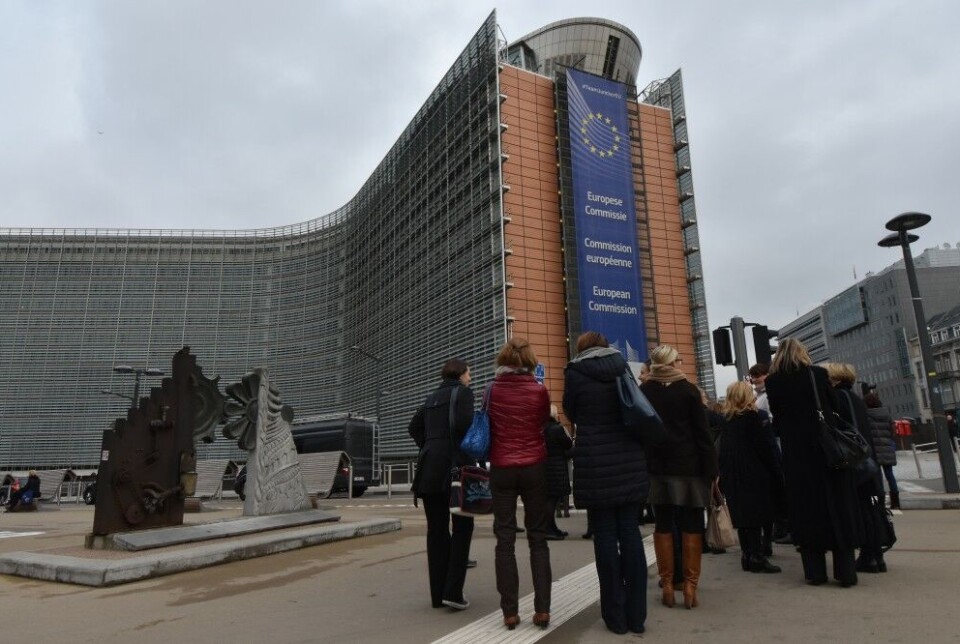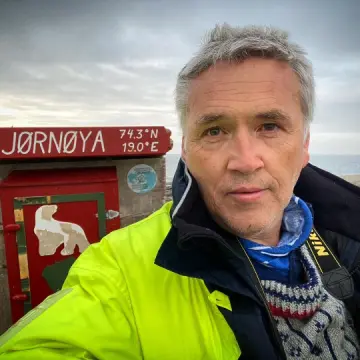
Europe tightens the screws on the Kremlin's war machine
"We’re cutting the Kremlin’s war budget further, going after 105 more shadow fleet ships, their enablers, and limiting Russian banks’ access to funding," says Kaja Kallas, EU High Representative for Foreign Affairs and Security Policy.
The European Union foreign policy chief says on Bluesky that the sanction package approved on Friday morning is "one of its strongest sanctions package against Russia to date."
"We will keep raising the costs, so stopping the aggression becomes the only path forward for Moscow," Kallas makes clear.
Included in the 18th sanctions package is Rosneft's biggest refinery in India, the first time such step is taken outside Russia. India is a major buyer of oil from Russia's Arctic regions.
The EU further adds another 105 shadow fleet tankers, denying them services and access to ports in Europe. 400 such petroleum transporters are now blacklisted.
A new dynamic oil price cap is approved, lowering the price further down from the previous $60 per barrel. The new limit was initially proposed at $45 but ended up being more flexible.
The package also includes 22 more Russian and foreign financial institutions being blocked from the SWIFT global payment system.
Earlier this week, the EU listed nine individuals and six entities responsible for destabilising actions in Ukraine and Europe.
One of the entities is the Federal State-owned Enterprise “Russian Television and Radio Broadcasting Network” (RTRS). The propaganda broadcaster plays a key role in replacing established Ukrainian broadcasting systems in occupied regions with a network that transmits content approved by the Russian Government, with the aim of suppressing dissent, aligning the local population with Russian policies and delegitimising Ukraine’s governance in the occupied territories.
A military unit in the Kaliningrad region is listed for electronic warfare, including jamming and spoofing of GNSS signals, primarily affecting the Baltic States, and disrupting civil aviation.
The European Council is also listing propagandists Yevgeny Shevchenko and his web-company Tigerweb. The latter disseminated pro-Russian content targeting several Western countries, including France.














